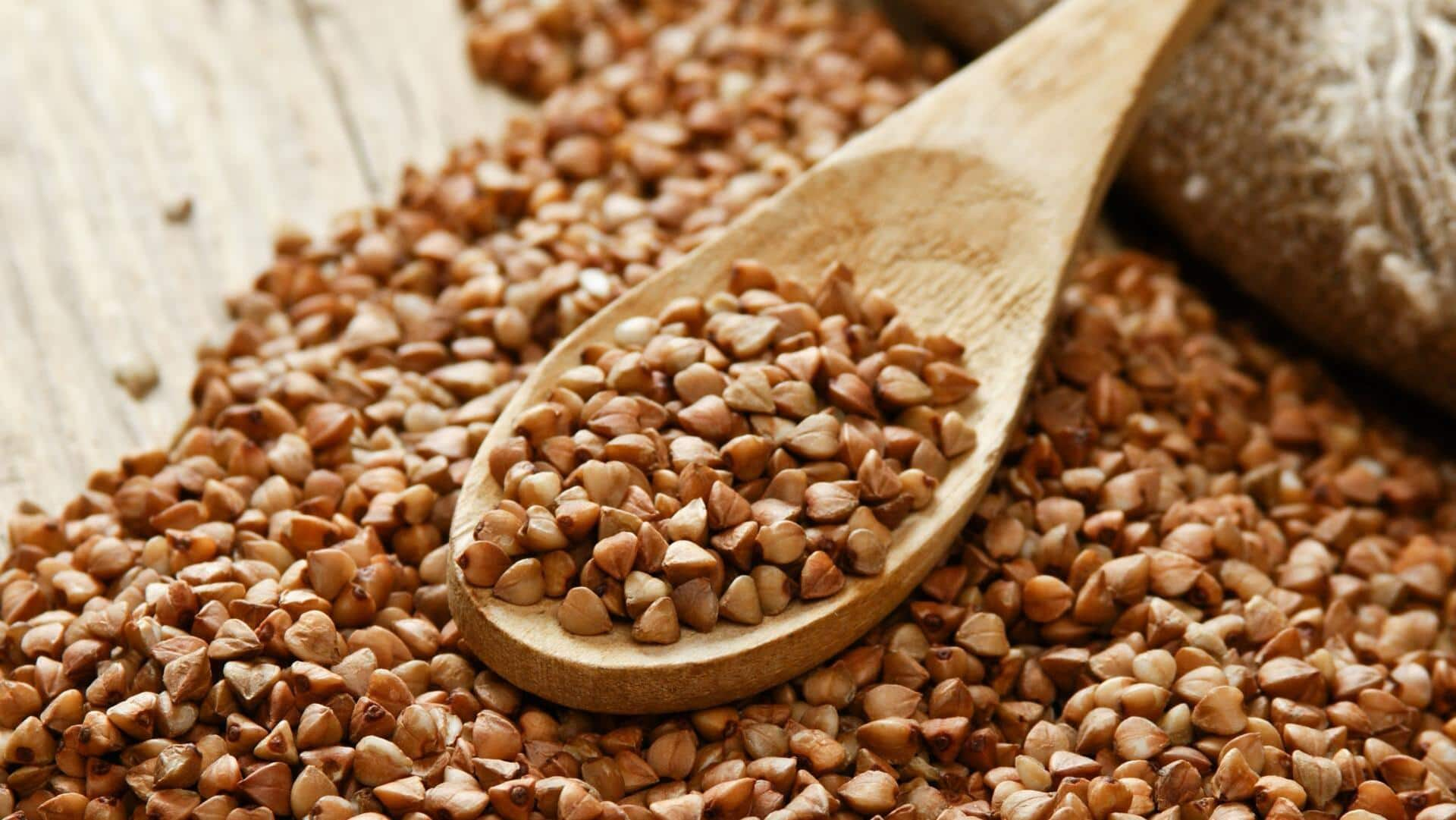
Buckwheat v/s sorghum: Comparing their nutrition
What's the story
Two grains that have taken the health world by storm are buckwheat and sorghum. Both are gluten-free, which makes them ideal for the gluten-sensitive. Although similar in certain aspects, each grain has its own unique nutrients that can help balance your diet. Here's looking at the nutritional profiles of buckwheat and sorghum, their health benefits, and how they can be added to your meals.
Protein comparison
Protein content in buckwheat and sorghum
Buckwheat is also famously high in protein compared to other grains (13% protein by weight). It is a complete protein source as well (contains all nine essential amino acids). Sorghum has around 11% protein but lacks some essential amino acids in buckwheat. Nevertheless, both grains can be excellent sources of plant-based protein (when combined with other foods).
Fiber analysis
Fiber benefits of each grain
Both buckwheat and sorghum are loaded with dietary fiber, which helps in digestion and makes one feel full. Buckwheat has about 10 grams of fiber per 100 grams serving, while sorghum provides about six grams per same serving size. Higher fiber content in buckwheat may help more with digestion, but both the grains encourage regular bowel movements and keep cholesterol levels healthy.
Nutrient profile
Vitamins and minerals present
Buckwheat is an excellent source of magnesium, copper, and manganese—minerals essential for various bodily functions such as energy production and bone health. Sorghum gives a good amount of iron and phosphorus along with B vitamins like niacin, which supports metabolism. Including either grain in your diet can help meet daily mineral requirements while offering different sets of nutrients beneficial for overall well-being.
Antioxidant insight
Antioxidant properties explored
Both buckwheat and sorghum are also packed with antioxidants that help protect cells from free radical damage. Buckwheat is especially high in rutin—an incredibly potent antioxidant with anti-inflammatory properties—while sorghum is rich in phenolic compounds that could help combat oxidative stress in the body. Adding these grains to meals could boost your antioxidant intake without having to depend solely on fruits or vegetables.